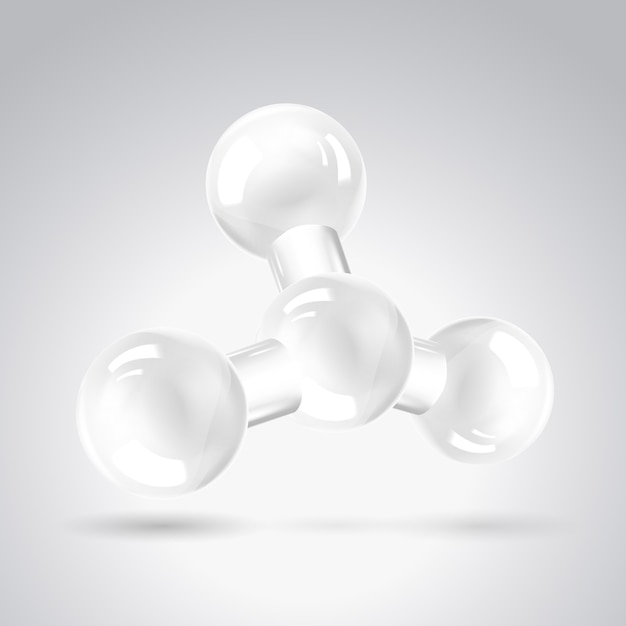Maintaining Healthy Potassium Levels
If your body is in good health, it typically maintains potassium levels effectively. However, certain conditions like diabetes, kidney disease, and alcoholism can disrupt this balance. Illnesses involving diarrhea and vomiting can also upset potassium levels. Additionally, some medications, such as ACE inhibitors and ARBs, can interfere with the body’s ability to regulate potassium, potentially leading to high potassium levels.
Understanding Potassium Imbalance
Low potassium is known as hypokalemia, while too much potassium results in hyperkalemia. Both conditions can cause similar symptoms, including weakness, fatigue, and even heart arrhythmias in severe cases. Hyperkalemia often begins with gastrointestinal issues.
Daily Potassium Requirements
The USDA recommends that adults consume 4,700 mg of potassium daily. However, according to the World Health Organization, many people worldwide, including in the United States, fail to meet this target. To ensure you’re getting enough potassium, consider incorporating these potassium-rich foods into your diet.
Foods High in Potassium
Avocado
Although often mistaken for a vegetable, the avocado is actually a single-seeded berry packed with nutrients. One cup of avocado contains about 708.1 mg of potassium per serving. Additionally, it’s rich in healthy fats, vitamin E, B vitamins, and low in sugar.
Coconut Water
Coconut water, the liquid found inside a coconut, provides 575 mg of potassium per cup. It also contains enzymes that boost metabolism, along with magnesium, zinc, and iron to support immune function and energy levels.
Crimini Mushrooms
Crimini mushrooms offer 640 mg of potassium per five ounces. They are also a great source of vitamin B12, selenium, and antioxidants. Lightly sautéing them helps preserve both flavor and nutrients.
Banana
Bananas, known scientifically as Musa acuminate colla, are a well-known source of potassium. A medium-sized banana contains about 360 mg of potassium. Athletes often eat bananas for a quick energy boost and post-workout recovery.
Acorn Squash
This winter squash is perfect for soups, pastas, and pies, offering a sweet and nutty flavor. A cup of cooked acorn squash provides 486 mg of potassium along with vitamins A and C, which support healthy skin, eyes, and hair.
Sweet Potato
Sweet potatoes are among the ultimate health foods, containing 448 mg of potassium per cup. They also provide B vitamins for a healthy metabolism, as well as vitamins A and C, and magnesium for muscle function. Additionally, sweet potatoes contain an enzyme called amylase that supports normal blood sugar levels.
Potato
Baked potatoes are a simple and nutritious side dish. A medium-sized potato, with its skin (cleaned well), offers 926 mg of potassium, which is about 20% of the daily recommended value.
Prunes
Dried, pitted plums (or prunes) are known for aiding digestion and are a great source of potassium, providing 528 mg per serving. They also contain zeaxanthin, a beneficial carotenoid.
Raisins
Just half a cup of raisins (about a handful) offers around 600 mg of potassium, or 12% of the recommended daily value. Raisins also contain the antioxidant resveratrol, which helps manage cholesterol, reduces inflammation, and may even offer cancer-protective properties.
Spinach
Half a cup of spinach gives you 420 mg of potassium, along with iron, calcium, magnesium, and vitamins A and C. Spinach is also rich in vitamin K, essential for bone health, and antioxidants like lutein, zeaxanthin, and beta-carotene. Try sautéing it in olive oil until the leaves just begin to wilt.
Health Benefits of Potassium
You might not immediately notice if your potassium levels are low. Initial symptoms can include muscle cramps, fatigue, constipation, or bloating. These minor issues can mask more serious health concerns. If symptoms progress to heart palpitations, depression, or confusion, it should be a cause for concern.
Maintaining proper potassium levels can positively impact blood pressure. Research suggests that adequate potassium can help protect against cardiovascular diseases and stroke. Potassium also supports bone health. A study of 266 elderly women found those with higher bone density had higher potassium levels, indicating potassium intake could be important in preventing osteoporosis.
Eating potassium-rich foods is the most effective way to address low potassium levels. If you have symptoms or conditions that increase your risk of low potassium, you might need a supplement.
Potassium Supplements
If you’re concerned you aren’t getting enough potassium from your diet, try consuming more potassium-rich foods and monitor for any changes. While high potassium levels are rare, it’s essential not to overdo it. If adding these foods doesn’t help, consult your doctor about whether a supplement is necessary. As with any supplement, it’s best to choose the most bioavailable form. Restoring your potassium levels can lead to more energy, reduced muscle soreness, and mental clarity.



